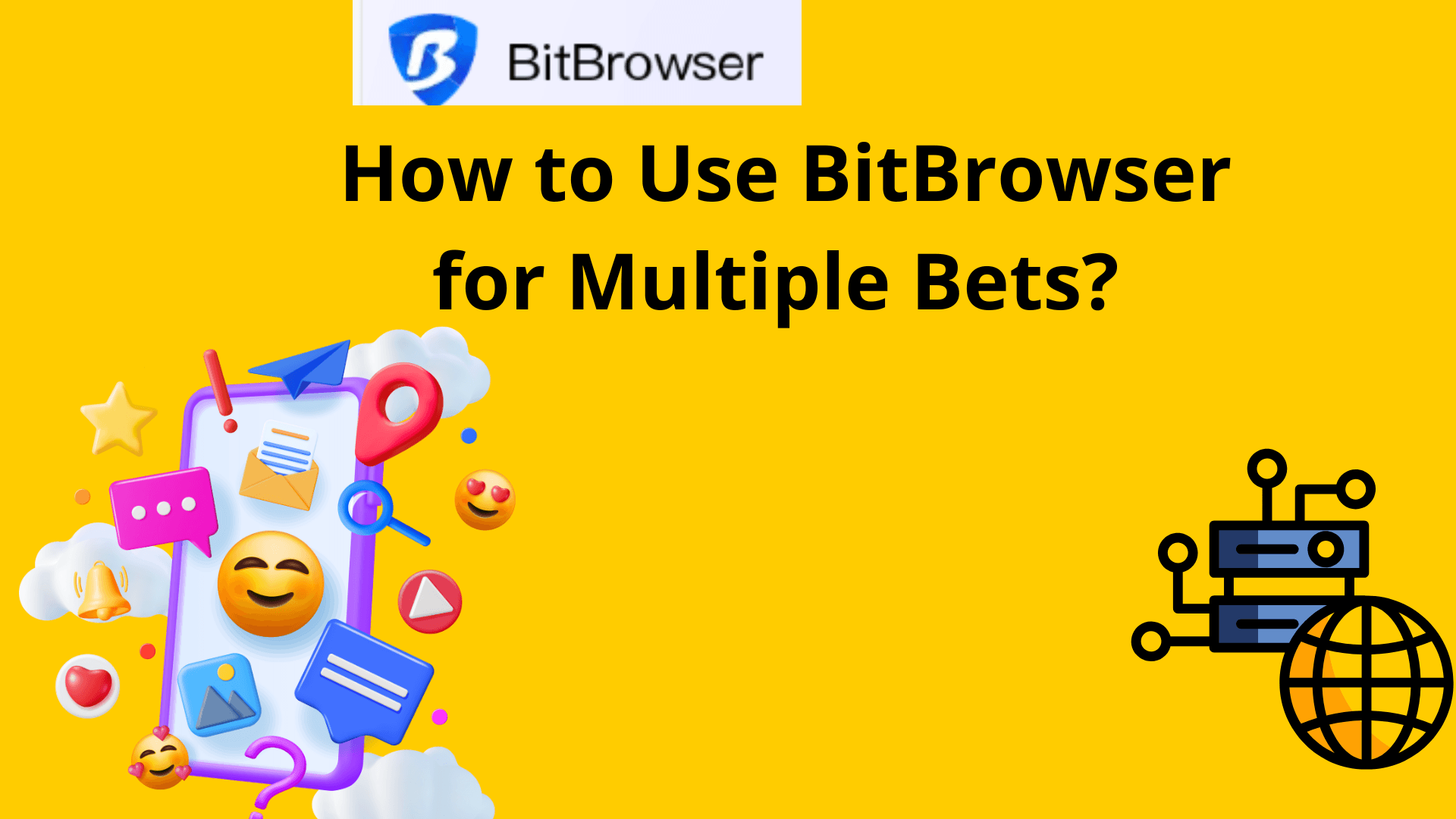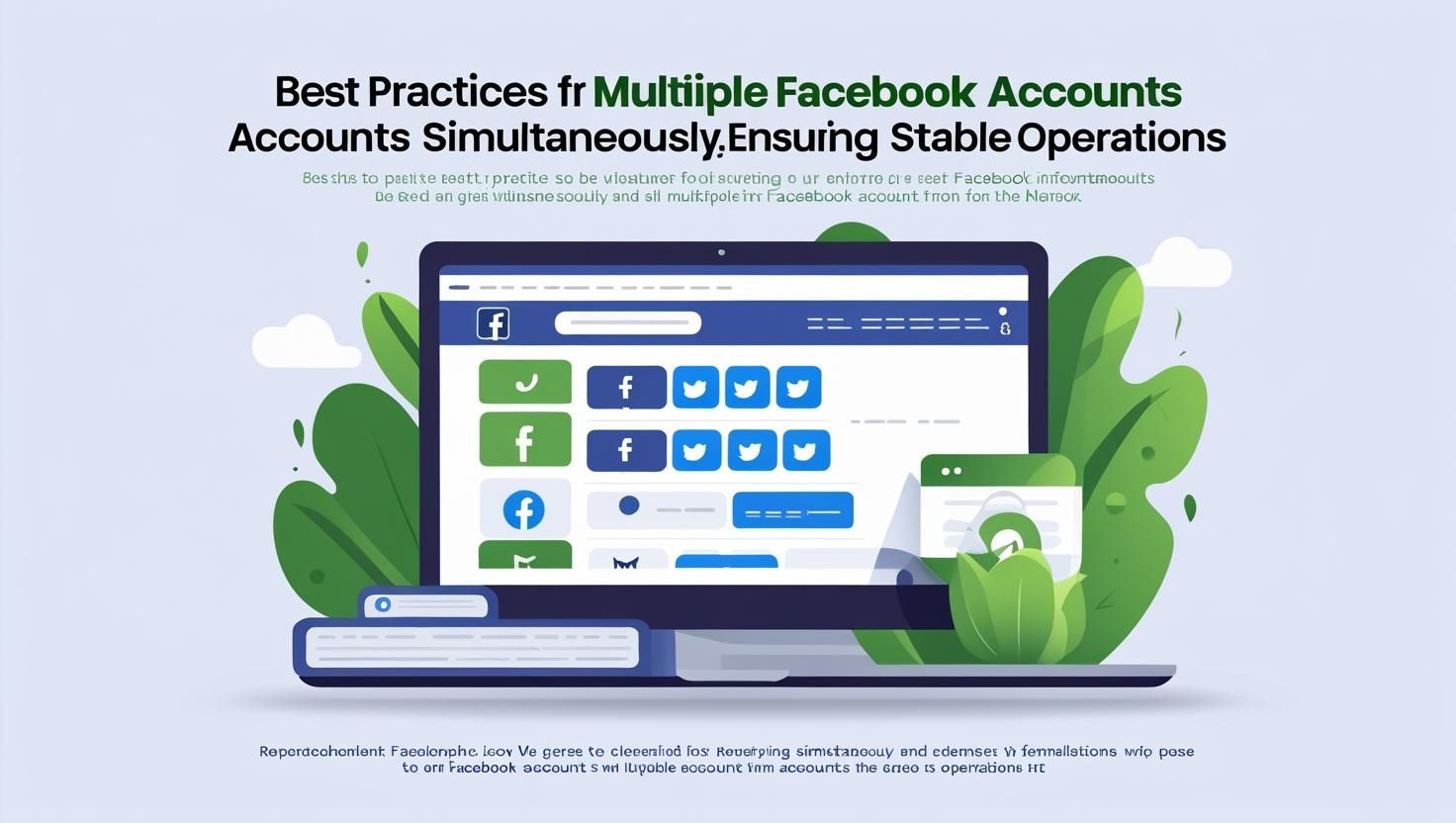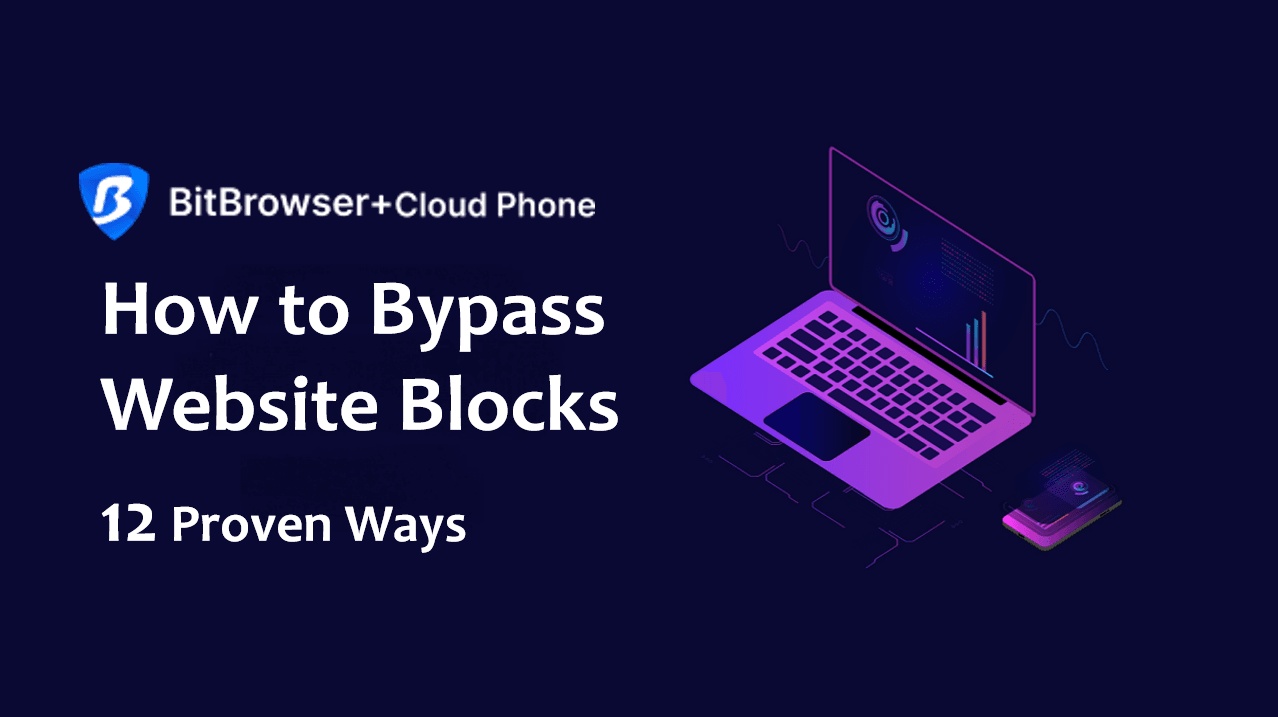


Google Maps Parser: Guide, Use Cases & Cost Comparison
 2025.08.30 20:28
2025.08.30 20:28Google Maps is one of the richest sources of business data: names, addresses, contacts, ratings, and especially customer reviews. For marketers, SEO specialists, and analysts, this data is invaluable for building customer databases, competitor research, and market analysis.
However, the official Google Places API has two major drawbacks:
- Costly at scale.
- Strict request limits.
That’s why many professionals turn to direct Google Maps parsing as an alternative.
API vs Direct Parsing
Using the API:
- Structured JSON data.
- $200 monthly free credit, then about $32 per 1,000 requests.
- Example: 50,000 places ≈ $1,600.
Direct Parsing:
- No API key required.
- Extracts data directly from Google Maps pages.
- Can fetch more details (e.g., images, bulk reviews).
- Costs only proxy traffic.
- Risks: bans, captchas, Google layout changes.
My Experience: Python Parser + Proxyma
I tested both options and built my own multithreaded parser:
- Proxies from Proxyma ($5 per 1GB, $3 per GB on bulk plans).
- Free 500MB trial included.
- My case: 53,000 rows = 3GB = $15.
- On average: 1 place = 58KB of traffic.
With a 30GB plan, you can scrape about 530,000 rows — much cheaper than API or SaaS services.
How the Parser Works
- Input:
places.csvwithplace_idvalues. - Core scripts:
main_reviews.py→ handles threads & proxies.scrape_reviews.py→ opens Google Maps with Playwright, scrolls reviews, extracts data (author, rating, date, text, photos).
- Output saved into
output_reviews.csv.
Multithreading:
- 1 thread = 1 proxy.
- Recommended: 3–5 threads.
- Without proxies: max 2–3 threads before hitting captchas.
Best Proxy Setup
- Supported:
http,https,socks5,socks5h. - Use residential proxies → fewer captchas, longer uptime.
- Datacenter proxies often get blocked quickly.
Parsing Costs
- Direct parsing (with proxies): $15–25 for 50k–500k reviews.
- SaaS services (Outscraper, Apify): ~$200 for 50k.
- API: ~$1,600 for 50k.
Anti-Ban Tips
- Always use 1 proxy per thread.
- Add random delays to mimic human behavior.
- Match proxy geo with target region.
- Don’t disable images/stylesheets (breaks parsing).
- Enable debug logs (
DEBUG_SELECTORS).
Conclusion
Building your own Google Maps parser + residential proxies is the most cost-efficient method:
- 10x cheaper than API.
- Full control, no SaaS limitations.
- Access to richer review data.
Downsides: technical setup and occasional maintenance when Google updates its UI. But for large-scale data extraction, this approach is unbeatable.
 petro
petro
 Multi-Account Management
Multi-Account Management Prevent Account Association
Prevent Account Association Multi-Employee Management
Multi-Employee Management



